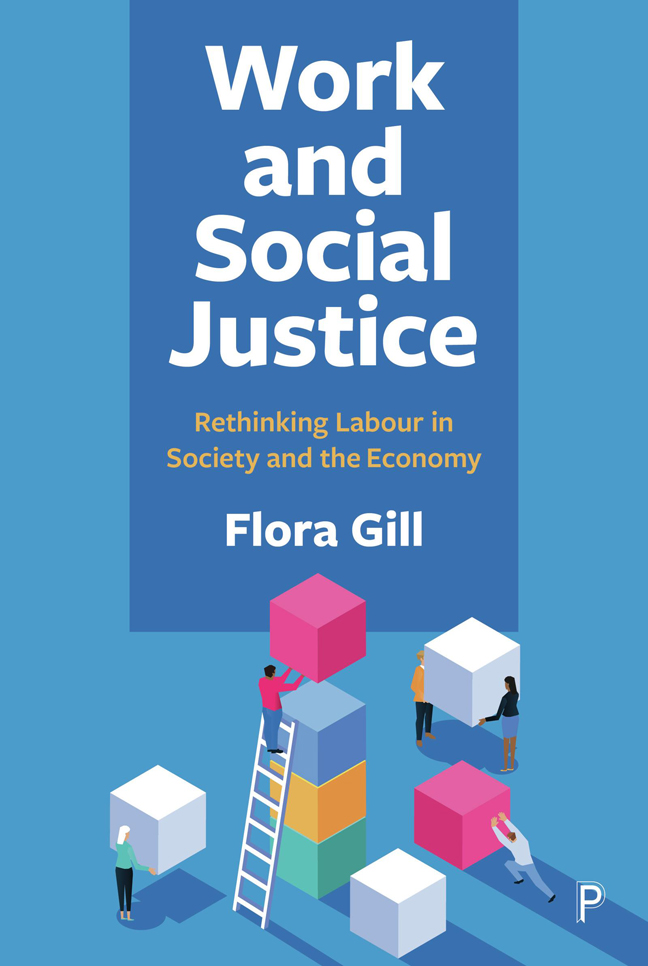3 - The scope and limits of economics
Published online by Cambridge University Press: 23 January 2024
Summary
Introduction
In May 2014, Philip Inman reported that ‘Economics students from 19 countries have joined forces to call for an overhaul of the way their subject is taught, saying the dominance of narrow free-market theories at top universities harms the world's ability to confront challenges such as financial stability and climate change’ (Inman, 2014). These students certainly have a point. As mentioned earlier, the most crucial aspect of the birth of economics is the fact that it was explicitly conceived by the leading spokesmen of a political movement which was determined to wrest away economic and political power from the monarchy. These activists did their best to argue that democracy would not intrude upon the political peace of the country, nor would it wreak havoc on production and trade. The basic analytical apparatus that those spokesmen erected still occupies centre stage in the analytical core of present-day economics.
That said, it is also true that a quite different portrait of economics emerges from the pages of the most prestigious scholarly journals of economics; likewise from book-length publications of economists, a significant number of whom are Nobel Prize Laureates. The content of this body of literature seems to rarely find its way to the classroom. This might be related to the fact that professional journal articles typically come with an extensive mathematical apparatus that is beyond the reach of the majority of undergraduate students.
The diversity that one would find in that wider range of professional literature is in fact quite remarkable. At one end of the spectrum sit academic economists such as Tony Atkinson and Nobel Prize Laureates George Akerlof, Amartya Sen, Michael Spence and Joseph Stiglitz. All have devoted much of their academic careers to in-depth study of wealth and income inequality. At the other end of the spectrum are Nobel Prize Laureate economists who subscribe to the Chicago School of Economic Thought. For instance, Robert Lucas, a 1995 Nobel Prize Laureate and prominent member of the Chicago School of Economic Thought, has noted that he has no interest whatsoever in the study of inequality. Worse still, as Paul Krugman notes in his 2014 publication in the New York Review of Books, Lucas describes the study of inequality of wealth and income as ‘poisonous’ (Krugman, 2014).
- Type
- Chapter
- Information
- Work and Social JusticeRethinking Labour in Society and the Economy, pp. 15 - 24Publisher: Bristol University PressPrint publication year: 2023

